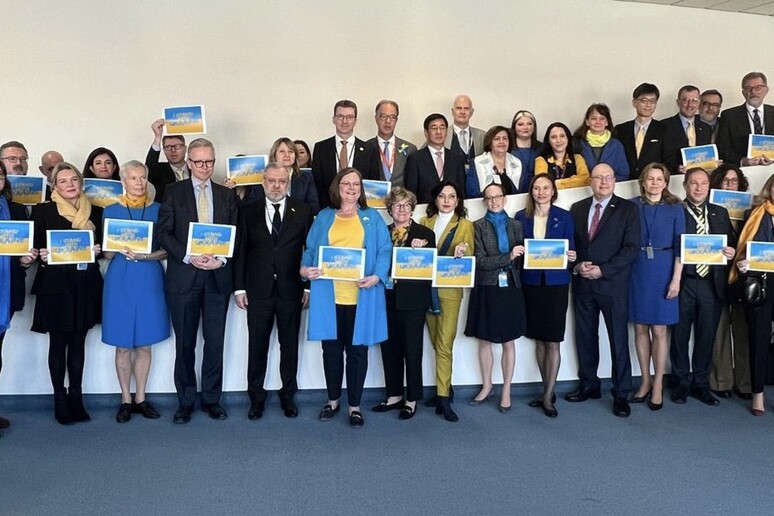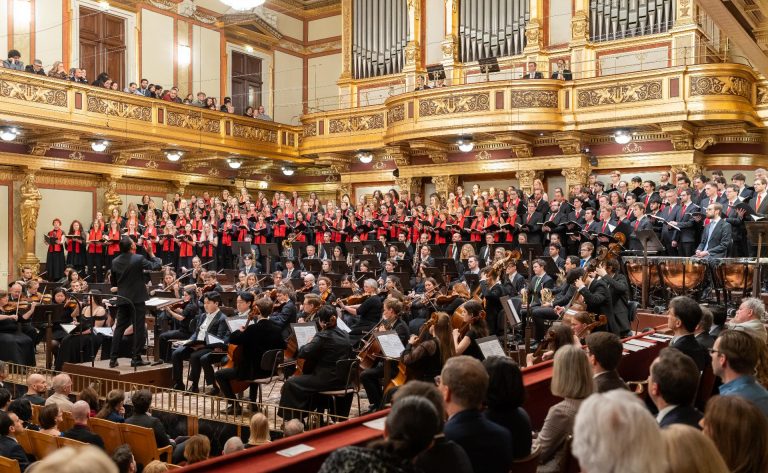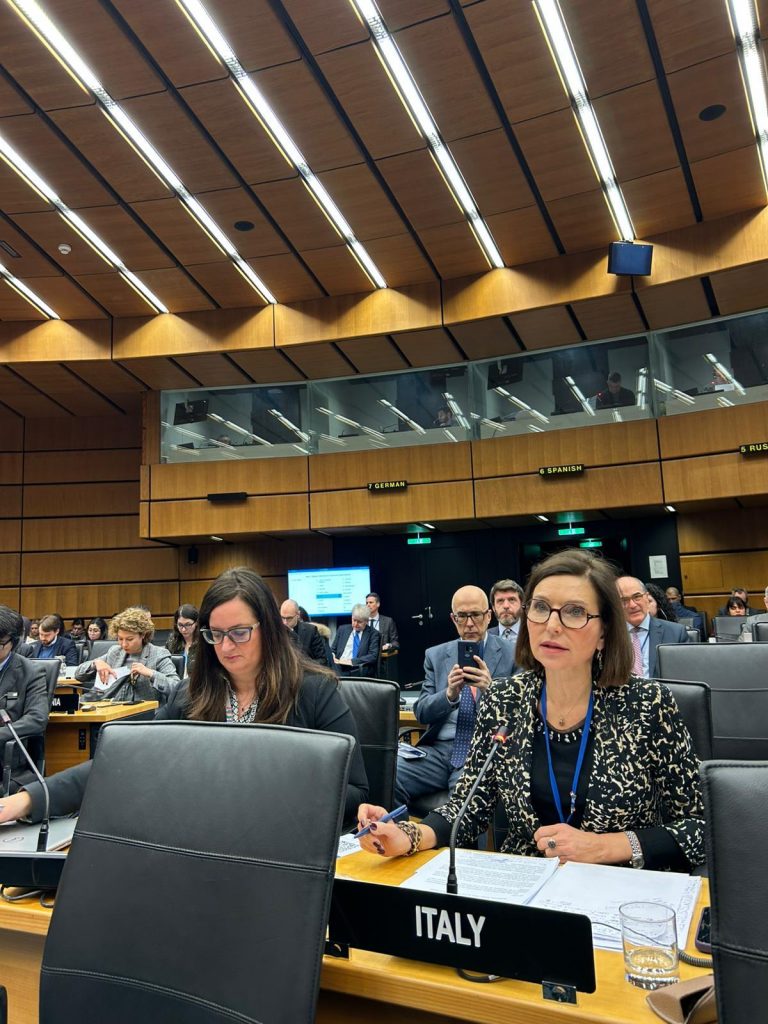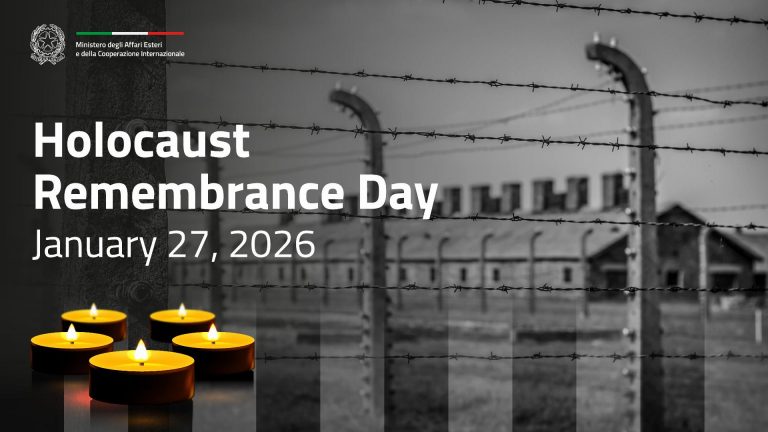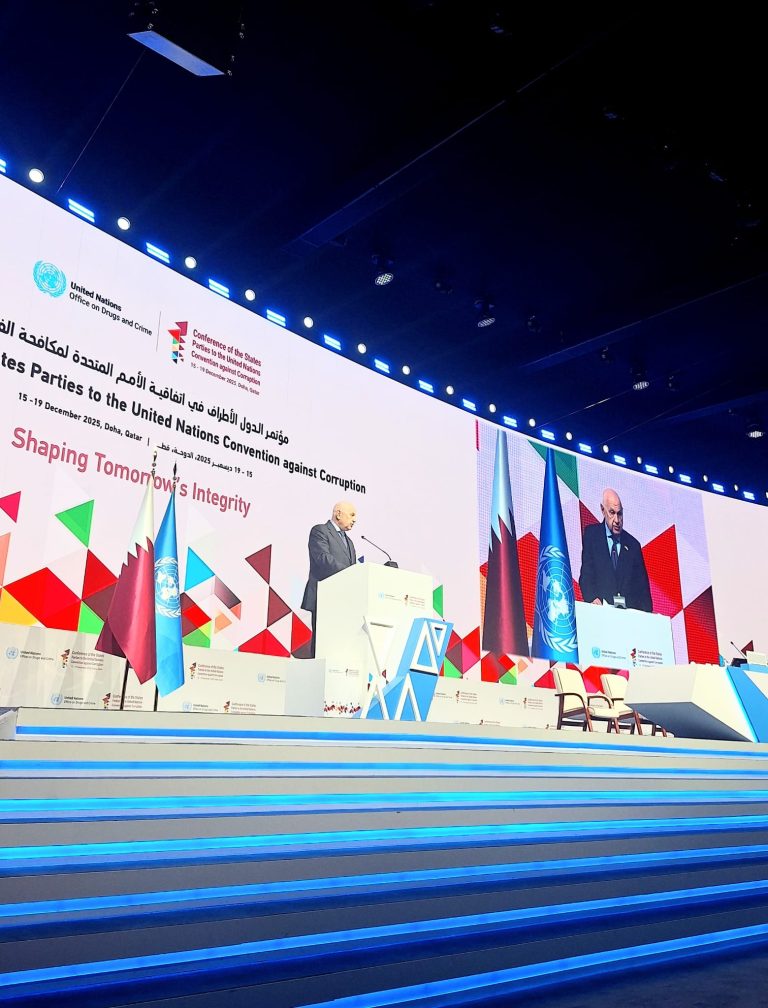The first annual meeting of the Board of Governors of the International Atomic Energy Agency (IAEA) is taking place in Vienna this week.
The Board of Governors, one of the two policy-making organs of the Agency, is composed of 35 representatives from the IAEA’s Member States and meets five times a year to discuss the Organization’s activities in its diffent areas of work (nuclear safety, security and safeguards, power and non-power applications, technical cooperation), propose recommendations on programme and budget, evaluate the applications by new Members, approve safeguards agreements and the publication of safety standards and security guidelines, adopt resolutions on specific matters of particular geo-political relevance.
Several sensitive issues are on the Board’s agenda this week, first of all the situation at the Zaporizhzhia nuclear power plant in Ukraine, labelled as “precarious” by IAEA Director General Rafael Mariano Grossi, who in his opening statement has called once more for maximum restraint and observance of the five principles presented by him on 30 May 2023 to the UN Security Council to prevent a nuclear accident. Especially noteworthy is the participation in the Board meeting of the Ukrainian Minister of Energy, German Galushchenko (Ucraine being again after thriteen years among the IAEA Board Members).
In a context of growing tension in the Middle-East region, the debate is also focussing on the Iranian issue, specifically as regards the increasing difficulties encountered by the Agency in its monitoring activities in Iran following Teheran’s progressive withdrawal from the framework foreseen by the JCPoA and the unresolved questions in terms of nuclear safeguards, for which DG Grossi in his statement once again calls upon “Iran to cooperate fully and unambiguously with the Agency”. The Board is also called to deliberate on the situations in Syria and in the DPRK.
A special focus will also be on the IAEA initiatives aimed at promoting the development of nuclear applications and technologies and the cooperation among Member States in key areas, such as food security (through the IAEA-FAO joint initiative Atoms4Food) and the fight against cancer (through the technical cooperation programme Rays of Hope), as well as on the Agency’s role in helping increase the presence of women in the fields of nuclear sciences and engineering. In this regard the event “For More Women in Nuclear”, planned to take place on 7 and 8 March in the margins of the Board of Governors meeting, will gather for the first time all the young women who have benefited from the Marie Skłodowska-Curie Fellowship Programme and the participants in the Lise Meitner Programme, the Agency’s two flagship initiatives aimed at supporting female university students studying nuclear-related subjects and promoting young women who are starting a career in the nuclear field.
The Permanent Representative of Italy to the International Organizations in Vienna, Amb. Debora Lepre, has reaffirmed Italy’s full support to the IAEA’s work and to the Director General’s unwavering commitment.



